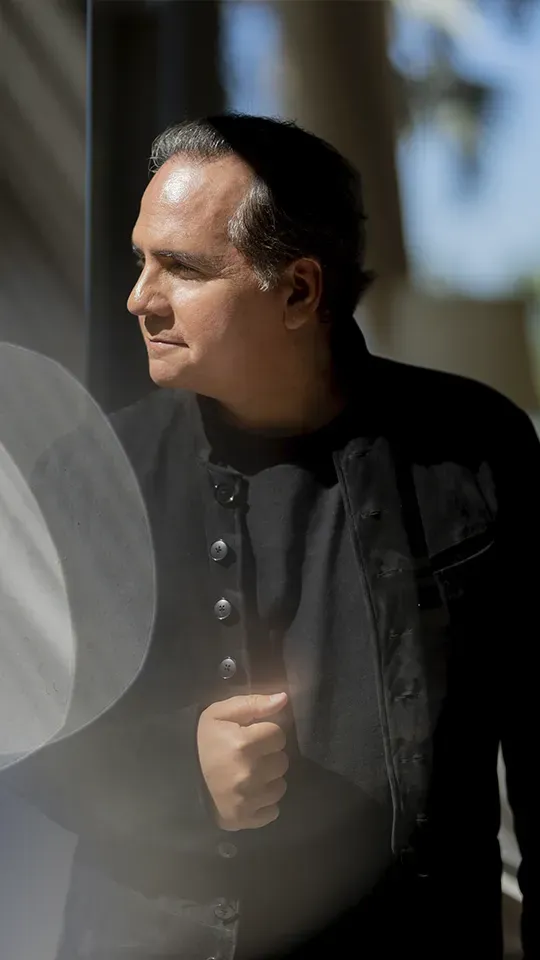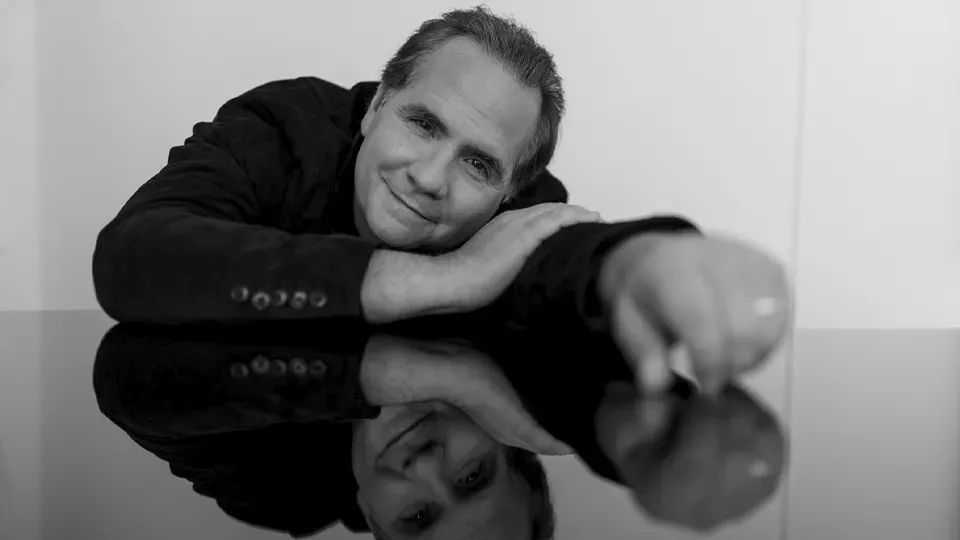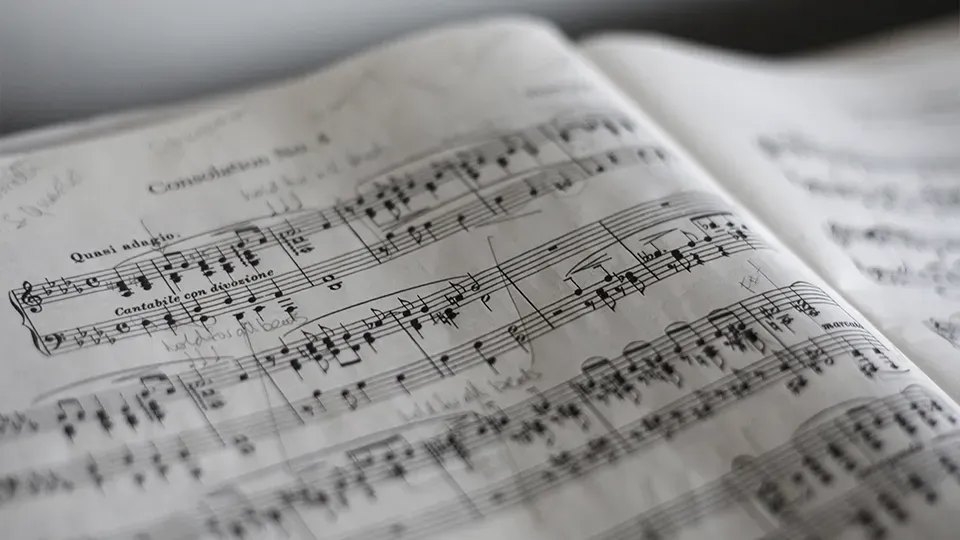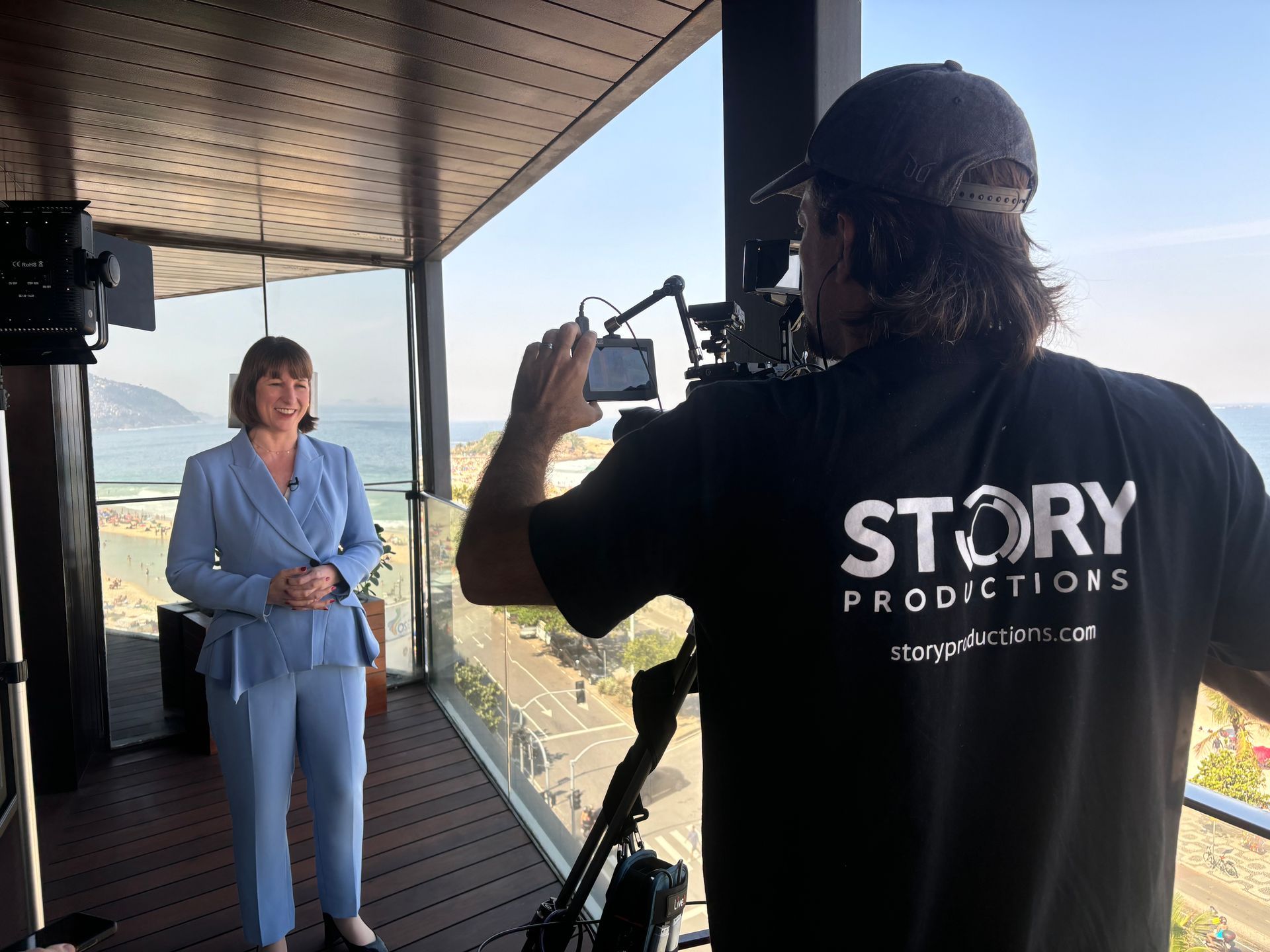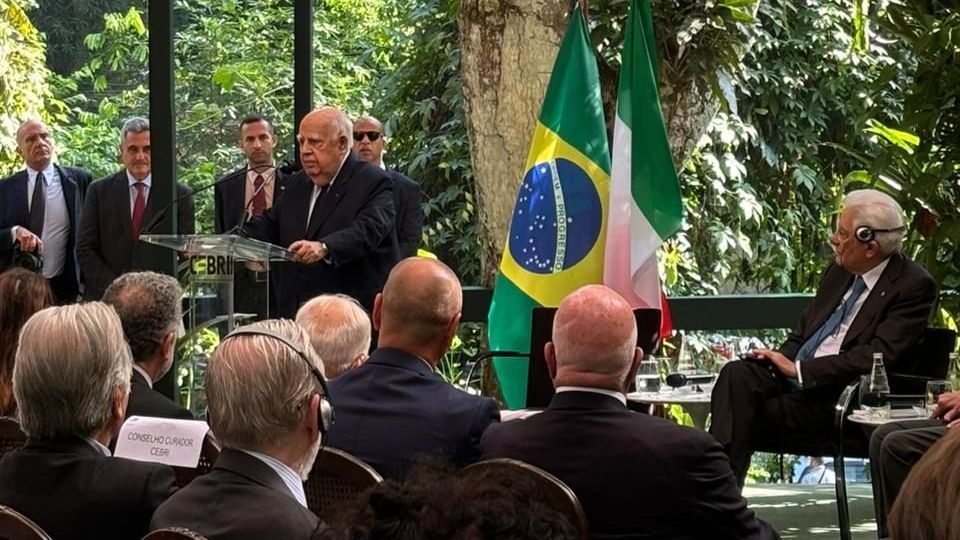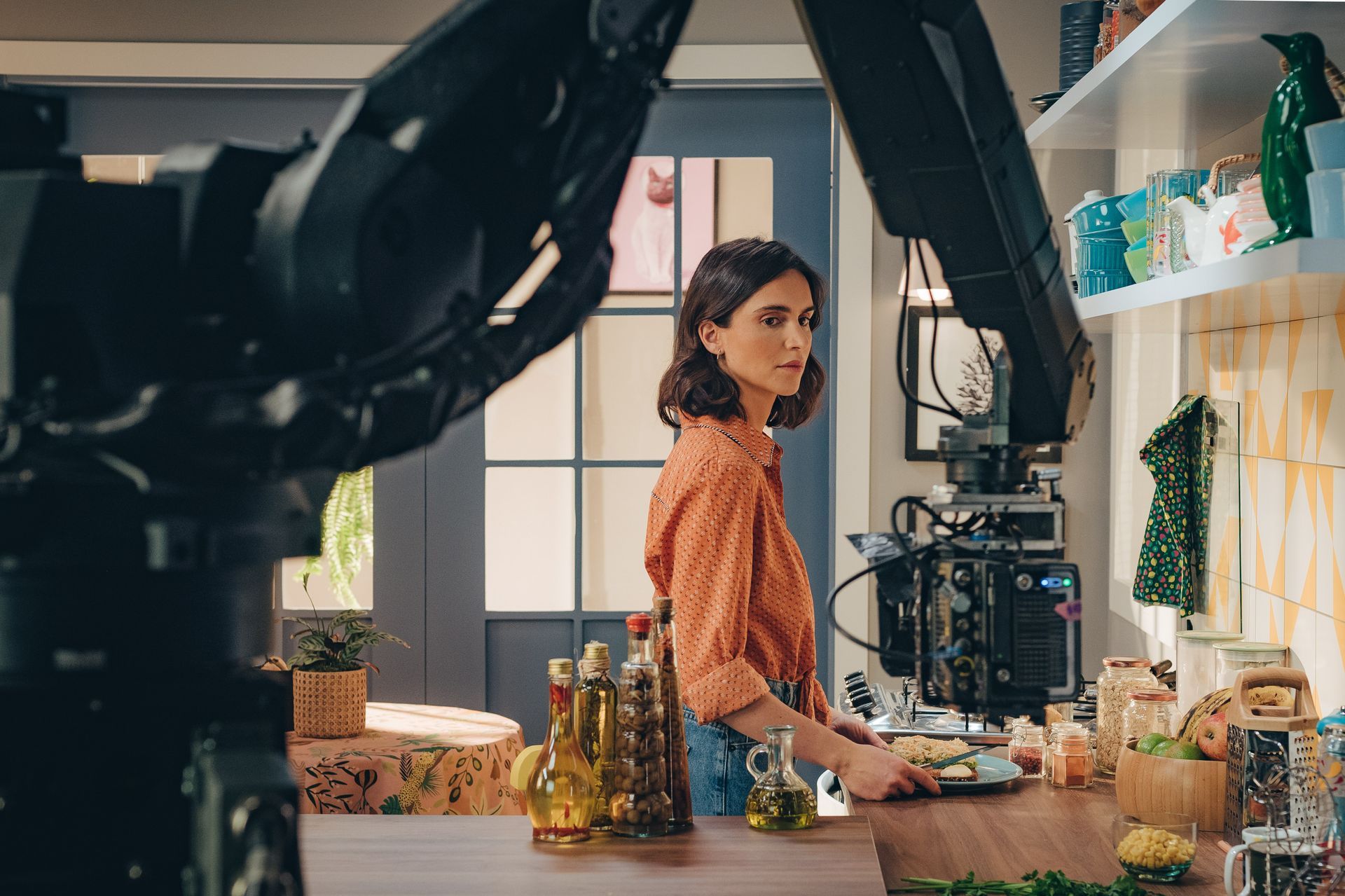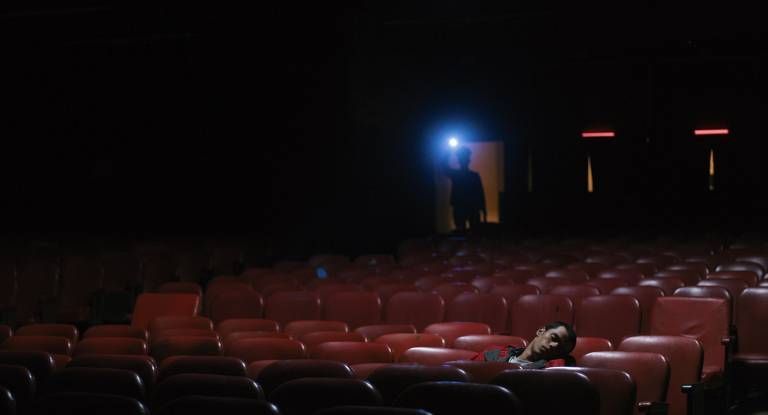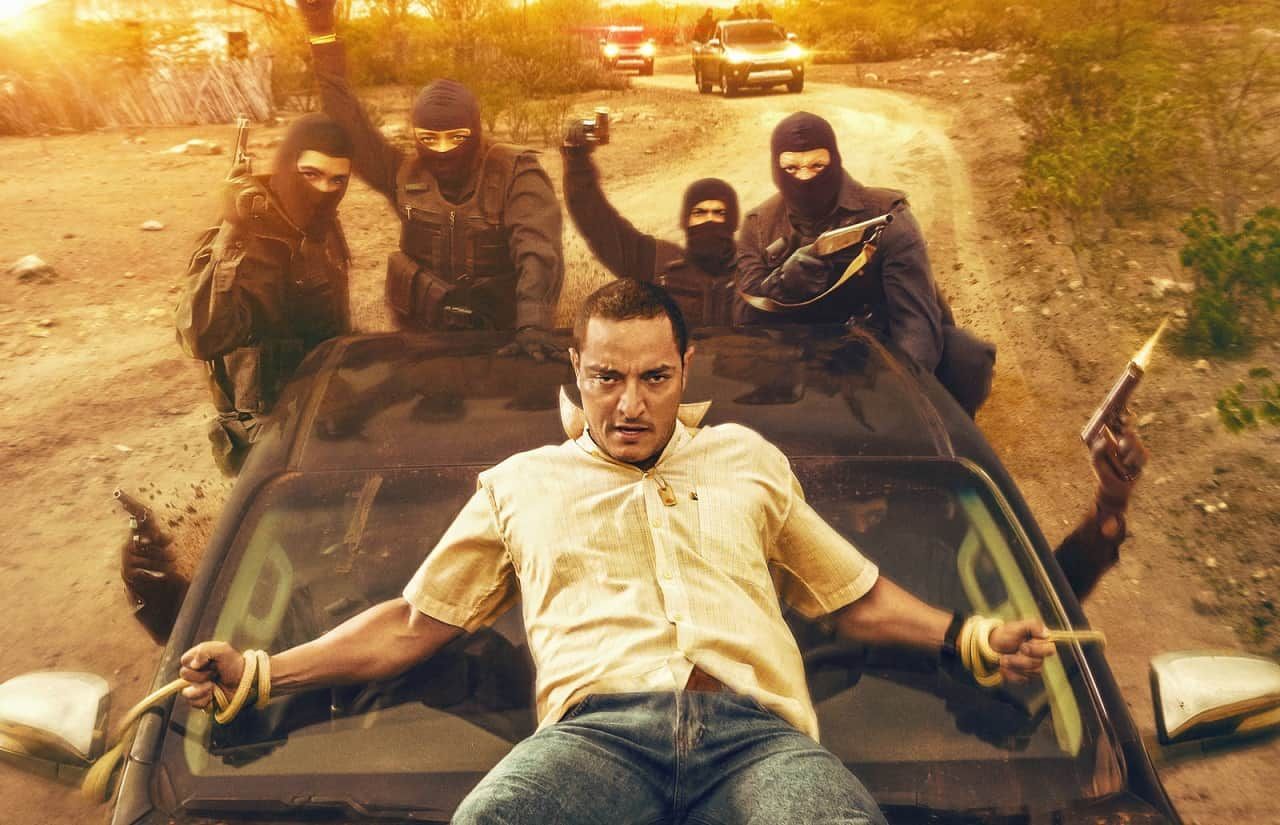What is music copyright? Are there different branches?
There are two different copyright branches. Patrimonial copyrights are all the income that is generated through the use of works — the financial part, the authorial economic part. Moral copyrights are related to the artist’s rights to integrity of the work.
When you create music, that creation is an extension of your thinking, your behaviour, your existence. The moral copyrights include the right to prohibit the use of the music in any circumstances that the author wishes it not to be used. For example, if the music is being used for political purposes, or a bad campaign, the owner has the moral rights to prohibit the use of their music.
How does music obtain copyrights?
In Brazil, you can register your music through the national library and there you can register the score and lyrics. This will give validation that you are the author of the piece. However, the music isn’t protected unless it is in a physical space: on a CD, an HD, or a recording. The music can be in your head, but
if it's not in a physical space it’s not protected.
Every music has a code, called ISRC. This international code is like the birth certificate for the music. It contains information about the author, composer, arranger, producer and all musicians that played in the recording. The ISRC is linked to the phonogram, not the music. There can be 30 phonograms, each recording is a phonogram, and each one has a different ISRC. When it’s performed somewhere on the internet, such as on YouTube, this number will pop up and money will be charged for its use.
There are two ways you can earn income through music. One way is
public presentations, which includes radio and
TV transmissions, for example. The other way is the physical selling of the music, which includes CDs. The CD market has dropped a lot in recent years, so the biggest performance point is through streaming platforms — you earn money from the platforms through the music labels.
The labels are entities that represent the artists. In Brazil, we have the ECAD, and under its umbrella there are different associations, like UBC and Abramus. The ECAD is a private organisation formed by different associations. Together, their job is to distribute money to the artists earned from public presentations.
What does an audiovisual project have to do in order to use music?
The author has to authorise the use of the music.
There are three different types of contracts that can be made. They are: the licence, the assignment and the concession.
The
licence is an authorization that lasts a defined period of time: a month, a year, five years or forever.
The
assignment is the transfer, the acquisition of the rights to the music. The music transfers to a new owner when they obtain the patrimonial rights, because moral rights are not transferable, but patrimonial rights are. In this case, the music still belongs to the original author, however the new owner will start earning money through it.
Finally, there is the
concession, which is the same as the assignment, but for a certain period of time. The patrimonial rights are handed over to someone for a determinate time, and then given back to the original owner. These contracts are extremely important. If an audiovisual project uses music without the permission of the author, if there isn't a contract, they have the right to sue or to take down the project from anywhere.
An audiovisual project can use a
cue sheet, a document that keeps track of all the music used within a project, including its duration, how it is used and the ISRC.
When
filming in Brazil, is it better to resolve the copyrights here or outside?
It all depends on the repertoire. It also depends if a certain music has
international representation. In the music industry, we have music labels, which are in charge of collecting the earnings from your music wherever it’s played. If the song is part of a label, you can negotiate directly with them, otherwise you have to go directly to the author. For example, if you want a Tom Jobim song, his label in Brazil has international representation in the United States, so you can negotiate through either country.
I recommend you to first analyse the body of work used in the audiovisual project, and see where the music comes from. If it's from Brazil, they can resolve it here:
call the label, ask how much, for how long, etc.
When is a song considered public domain in Brazil?
Seventy years after the owner's death, a work is considered public domain; until then, the family and successors have the rights to the author's music. When it becomes public domain, it’s free to use, but with certain restrictions: you can’t violate the moral rights of the music. You can’t use a Beethoven composition and play it however you like. It has to be performed the way he did it; even though he’s not alive, he still has the moral right.
In Brazil, there’s an entity (the public ministry) that defends the moral rights of these artists and the families that received the rights after 70 years. If someone uses a song in public domain — the person plays it wrong, or even says it's his — this entity will defend the rights, and the family can also contest it as well.
What is the consequence of violating copyright, both in Brazil and internationally?
In Brazil, it’s a crime — it’s in criminal law. There's
plagiarism — someone copying existent music. And there's the
civil part, where they review if you paid all the rights or if you abused moral rights. This also applies internationally.
Nowadays, with streaming platforms, you can prove that the music is yours. You have contracts with your label, and with that you can take down a project. You can go the justice route, but it's time consuming and expensive. It’s easier to directly contact the person that violated the rights and try to negotiate.







